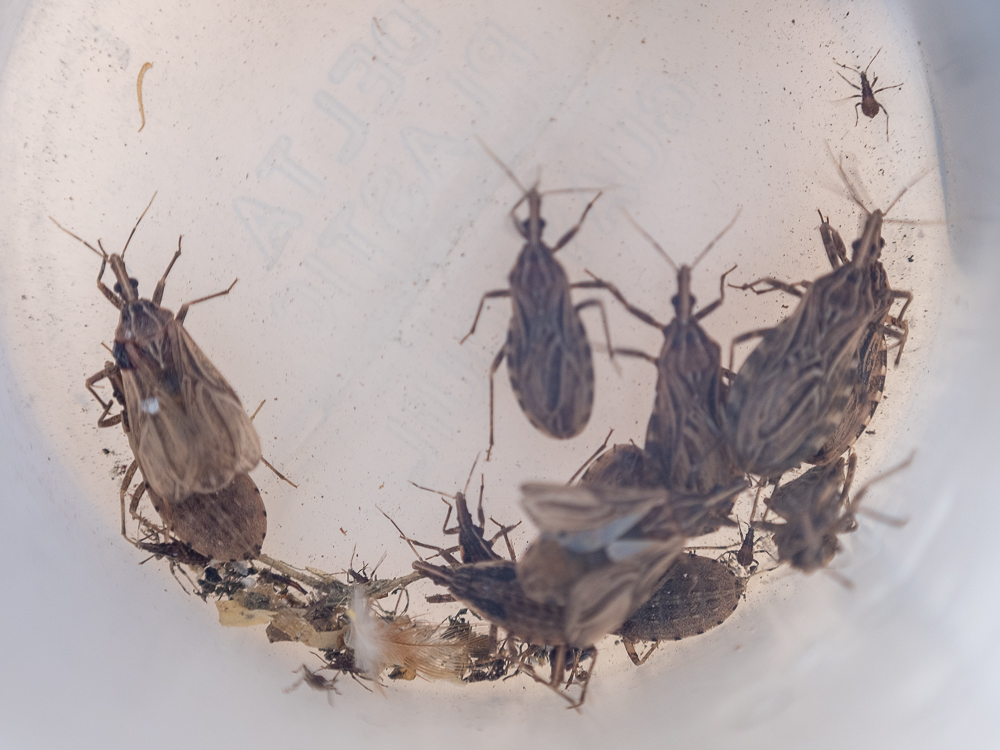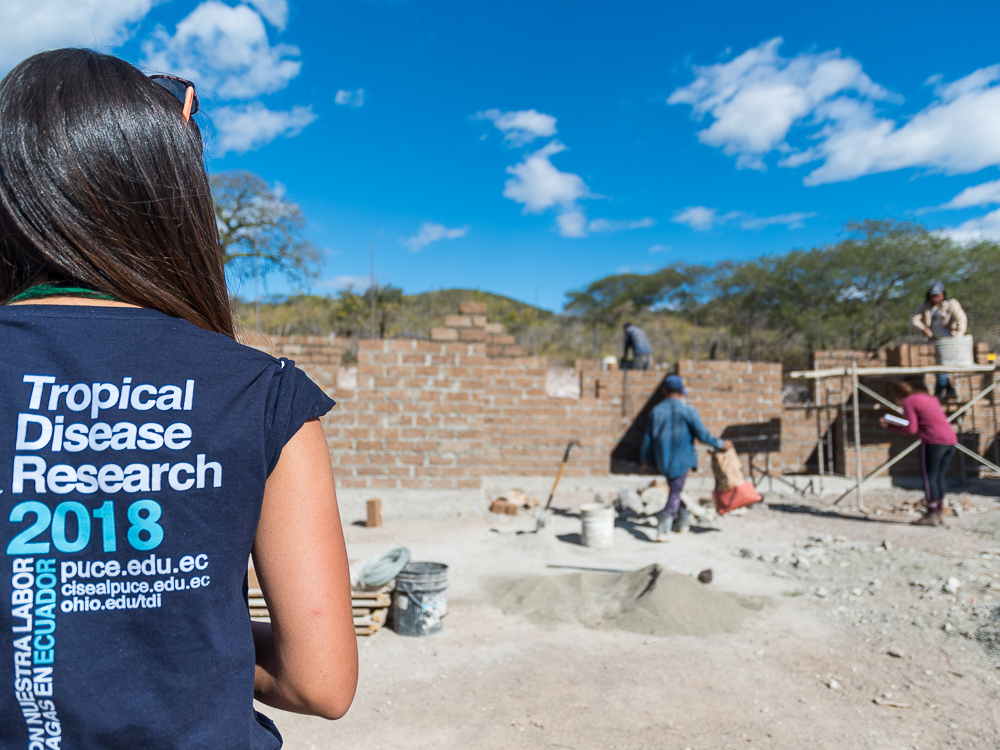By: Daniela Grijalva

Image: Media team - TDR 2019. Entomological search at the community of Tuburo.
What is Chagas Disease?
Chagas disease is a debilitating and often fatal illness caused by Trypanosoma cruzi, a blood-borne protozoan parasite, spread by an insect known as the kissing bug. The disease has two phases: an initial, acute phase which lasts for about two months, has flu-like symptoms and is treatable, and a chronic phase in which the parasites primarily reside in the heart and digestive muscle causing progressive destruction and potentially death. In ⅓ of these cases, victims also develop heart or digestive disorders which are often fatal. Once thought to be limited to Latin America, Chagas is now being diagnosed in the southwestern part of the United States as well as in Europe.
Although 7 million people have Chagas disease and an estimated 80 to 90 million are at risk of being infected with Chagas disease worldwide, this infectious disease remains relatively unrecognized by mass media and receives less funding than HIV/AIDS, malaria or tuberculosis. The disease is a significant public health concern, particularly in Latin America, but is not well-known, because it disproportionately affects people in rural, underserved communities. In fact, 99 percent of people affected do not even have access to treatment. On top of that, there is no vaccine for Chagas disease and the two treatment drugs available are generally ineffective if not administered at the onset of the initial acute phase.
Prevention efforts include spraying with insecticide to deter parasite-insects, house improvements that make it difficult for the kissing bug to enter structures, and protective living practices. Insecticide-based control strategies alone are not effective to control triatomines re-infestation in spread areas. Blood screening is vital to prevent infection through transfusion and organ transplantation.
Chagas: A Neglected Disease
Neglected diseases create health, social and economic burdens that often place those they afflict in a cycle of poverty and disease. The World Health Organization labels Chagas Disease as ‘neglected’ because it disproportionately affects people struggling to survive and prosper in under-served and marginalized communities that have limited or no access to health services.

Image: Media team - TDR 2019
A Global Endeavor to Stop Chagas
In 2010, the World Health Assembly renewed the call to step up efforts to win the battle again Chagas disease. Ohio University and Catholic University of Ecuador are answering this call by capitalizing on their longstanding and highly productive partnership to implement the Healthy Living Initiative. The long-term research endeavor places Chagas disease prevention and control at the center of both universities’ infectious disease research agendas and elevates Chagas disease prevention’s status on the agendas of key governmental and non-governmental actors in the United States and Ecuador.
Learn. ore about this deadly disease at: Chagas disease


